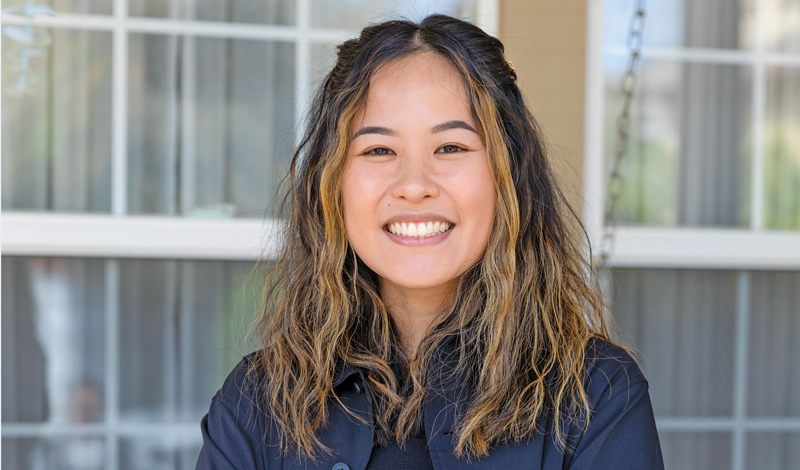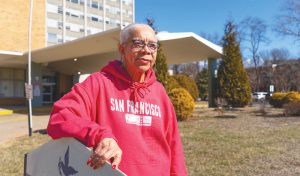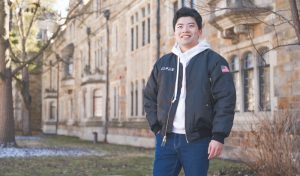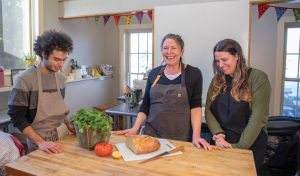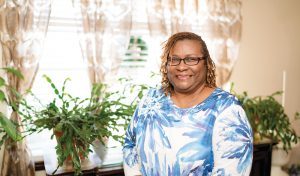by Jamie Bautista
Sacramento, Calif.
If drinking booze and rolling joints in parking lots are the hallmarks of teenage rebellion, surely two weeks in juvie put me in a new league.
It must have been sometime in 2008, in 6th grade, that I started to rebel—around the time that I was just coming into my own. The thing was, my parents—my dad, specifically—was not enthusiastic about who I was becoming. Critical of the music I liked, the clothes I wore, the friends I made, he brought out in me an intense desire to rebel, to push back and establish my own identity. I became increasingly interested in anything that upset him. We still did gongyo as a family most mornings, and I have many golden memories of being brought up in the Garden of Soka, but often I burned with indignation at what I saw as my parents’ hypocrisy—if Buddhism was all about bringing forth my true self, why did home feel like the one place where that wasn’t allowed?
To make matters worse, I developed symptoms of narcolepsy in the 8th grade: disrupted sleep, inability to stay awake, sleep paralysis and episodes of sudden muscle weakness. No sooner than class began would my eyelids grow heavy and my head nod toward my desk. A moment later, I’d jerk upright, startled by the bell.
I was bewildered the first time it happened. But soon, it was happening on a daily basis, multiple times a day. Startled awake by the bell, I’d look down at the half-conscious notes I’d managed to scribble—completely illegible—and my heart would sink. My grades and my confidence plummeted.
That year, a gulf opened up between my friends’ and parents’ expectations. Increasingly, I was drawn to a crowd whose total indifference gave them an aura of invincibility, a crowd that broke rules, did drugs and partied. For a fragile, despairing person, this aura proved magnetic. As an added bonus, they displeased my parents. I thought that by rejecting my parents’ expectations, I was affirming my own independence, but actually, the decisions I was making were directly influenced by them: whatever they wanted me to do, I did the opposite. Far from independent decision-making characterized by choices that maximize happiness, I was controlled by a simple, self-destructive drive to upset my parents.
As a child, my tendency had been to shrink from conflict. But entering my teens, I started fighting back. Shouting matches became the norm in our home, and the police were called in regularly to defuse them. One day, the summer of my freshman year of high school, a shouting match turned physical on my part. This was the fight that landed me two weeks in juvie. You might think that this would be cause for reflection, but it wasn’t. Actually, I was in awe.
Jamie, you went to jail, I remember thinking. You’re, like, a super rebel.
I embraced my new status and image. I found that hard drugs, if only for a moment, made me feel invincible. Of course, a moment later, I was back to myself—fragile, frustrated, desperate.
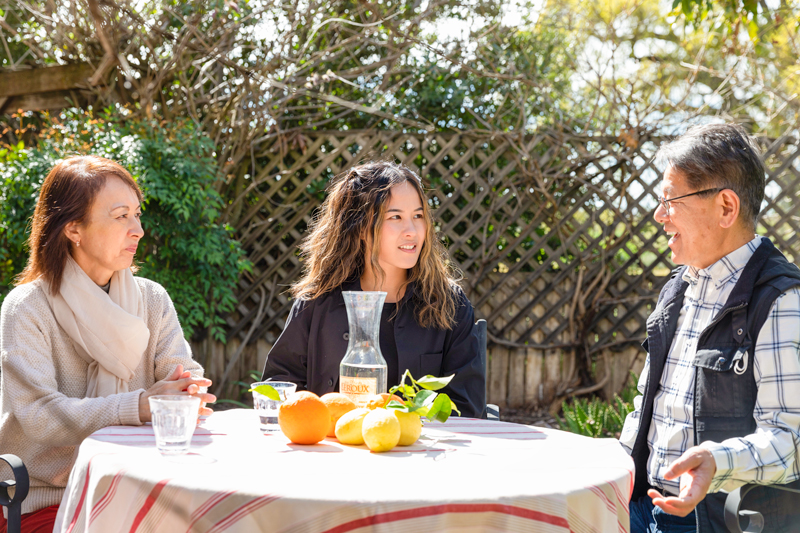
Somehow, I graduated. Not only that, but I got into college, at Loyola Marymount in Los Angeles. After leaving for school, however, I realized for the first time just how much I’d relied on my SGI community. On my own, I didn’t take the initiative to get myself connected; my SGI community had always just been there. My mental health plummeted over the first summer break. Speaking to my parents then, they encouraged me to attend the Student Division Conference at the Florida Nature and Culture Center. I had strong reservations—so strong that I actually missed my flight, unable to pull myself together to get to the airport. But sitting with the realization that I’d missed the flight, my heart sank. I realized that I was passing up something truly positive, the only reason being that my parents were the ones who wanted it for me. Resentment and pride stood between me and my growth. I picked up the phone and called my parents. They got me on the next outgoing flight to Fort Lauderdale. That conference changed the course of my life.
At the FNCC, everyone was so warm and so lively. Everywhere, young people were talking—and I mean really talking—about their lives, their struggles, their hopes and their dreams. I realized that I hadn’t been a part of this kind of conversation since leaving home for college, leaving my district in Sacramento. I just remember feeling for the first time in such a long time so good, so hopeful!
Upon returning to Loyola for my sophomore year, I decided that the greatest cause I could make for my life was to start an SGI campus club. Again, though, I wasn’t sure how to take the initiative. Fortunately, my young women’s leader reached out—she’d heard about me from the conference.
“So!” she said. “Wanna start a club?”
Supporting 20-year-old me was no easy task—I was in turmoil just about every time she called to check in, anxious about an exam, a boy, about everything.
“Let me come pick you up,” she’d say, or “Want to come over and chant?” To this day, I still chant to be able to support young women the way she supported me.
At first, it was really just me in the club; I was too nervous to invite anyone. Slowly, with lots of encouragement, I summoned the courage to ask one classmate after another. By year’s end, we had 19 come out, and for the first time in years, I had lots of friends, real friends, coming around me in search of something uplifting.
Still, I hadn’t done away with my old ways. That same year, 2017, I was arrested for public intoxication. Sobering up, a quote from Nichiren Daishonin came to mind, about the locations of heaven and hell.
“Both exist in our five-foot body. This must be true because hell is in the heart of a person who inwardly despises his father and disregards his mother” (“New Year’s Gosho,” The Writings of Nichiren Daishonin, vol. 1, p. 1137).
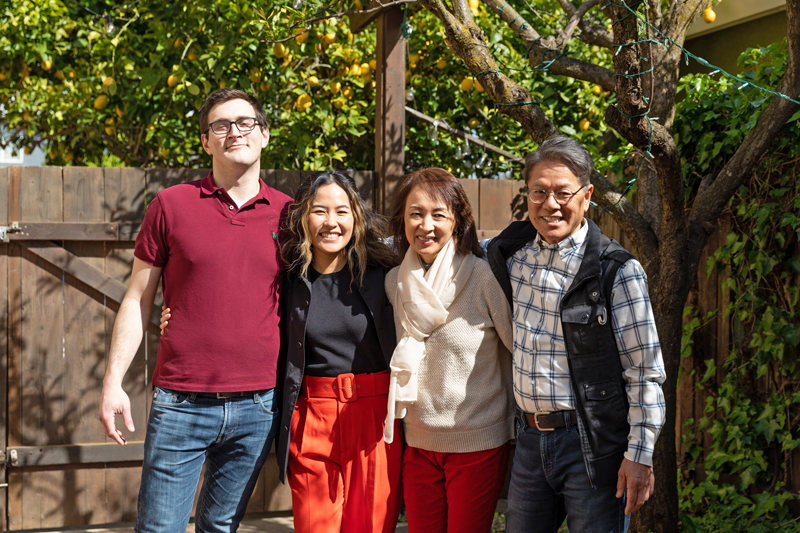
I realized that at the root of so much of my suffering was resentment for my parents. To transform that, I decided at year’s end to move back home with them in Sacramento, where I earned my degree at UC Davis, took on leadership responsibilities in the SGI and hugely improved my relationship with my parents.
It’s now my greatest joy to see young women take off in their practice. But the young women who, like me at their age, are really struggling—the ones who make me seek, study and chant a lot in order to discover how I can support them—these young women have made me strong, have driven me day after day to become the best version of myself, a person who believes in herself and in others.
You are reading {{ meterCount }} of {{ meterMax }} free premium articles

